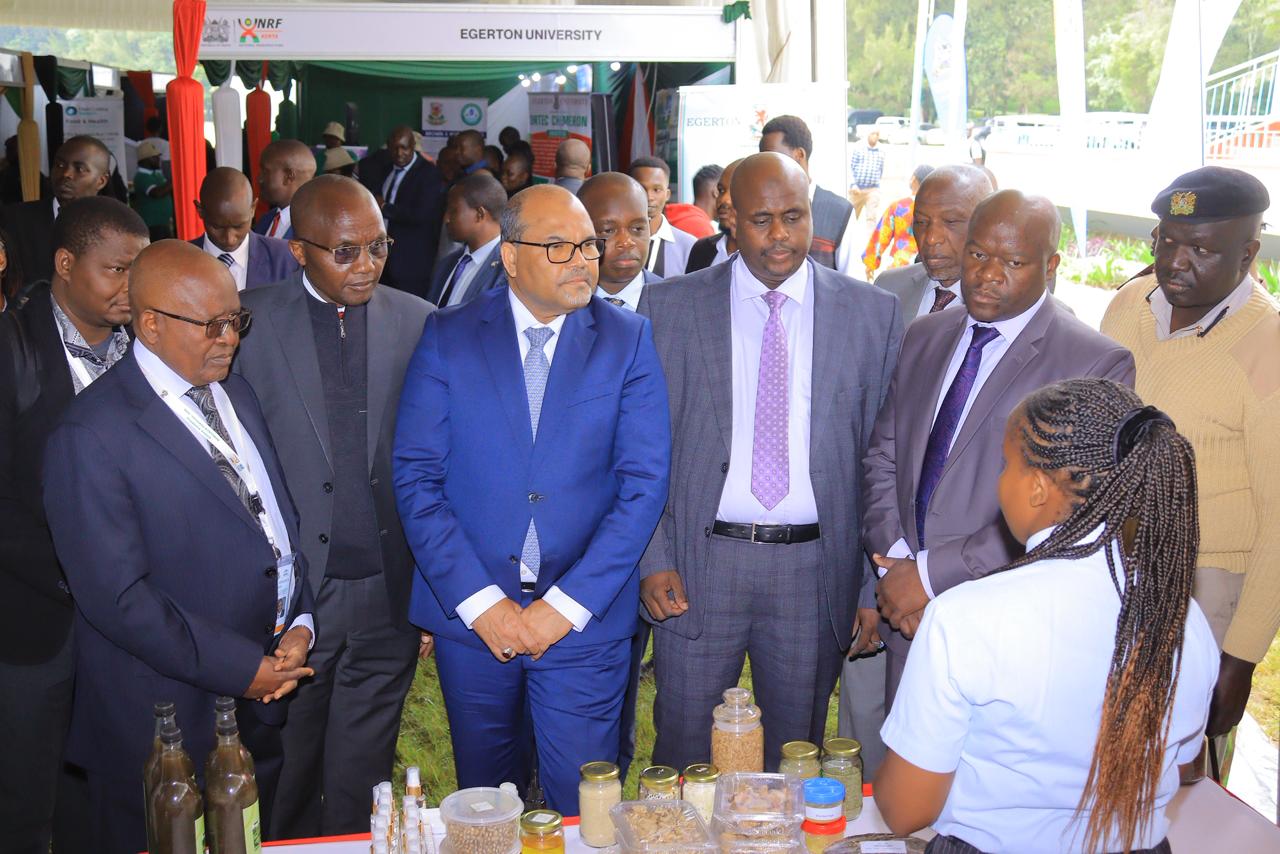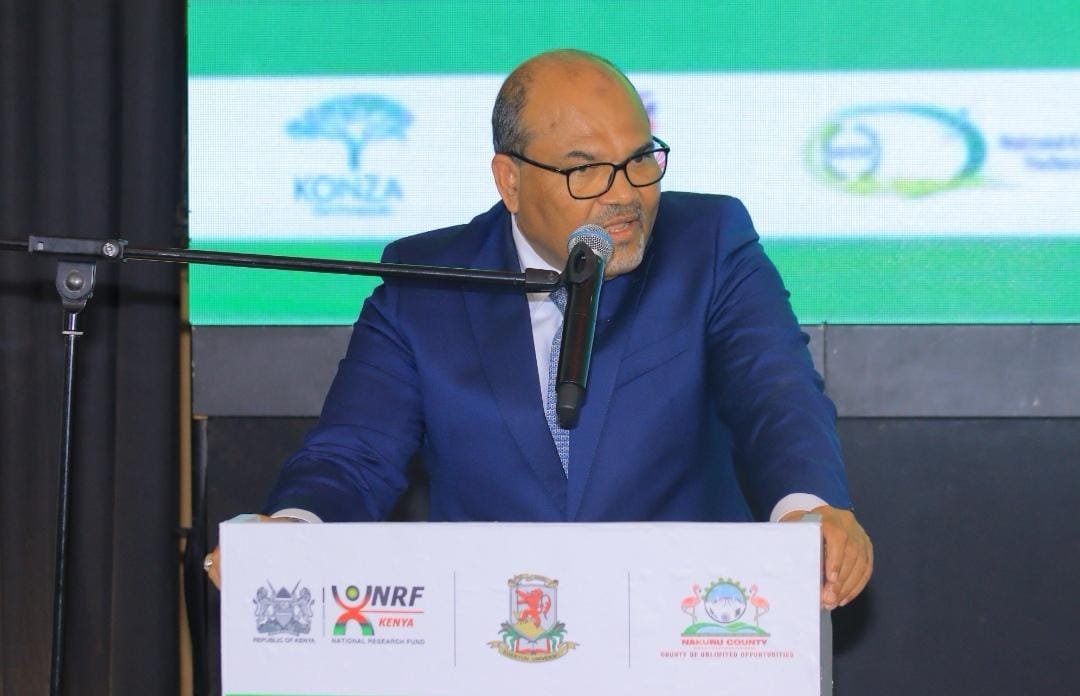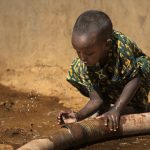Kenya risks falling further behind in achieving food security unless it invests heavily in science, technology, and innovation (STI), Principal Secretary for Science, Research, and Innovation, Prof. Shaukat Abdulrazak, has warned.

Speaking at the Kenya National Research Fund (KNRF) Conference during an ISAAA Science Media Café and Roundtable on the Role of Science, Technology, and Innovation in Enhancing Food Security, Nutrition, and Safety at Egerton University, Njoro campus which brought together over 40 leading agriculture journalists, Prof. Abdulrazak emphasized that Kenya must urgently transition from being a consumer of technology to a producer.
“Sixty years after independence, it is unacceptable that we are still not food self-sufficient. We cannot continue to import food when we have the science, research, and technology to produce it ourselves,” he said.
The PS underscored that biotechnology, innovative livestock practices, and advanced food preservation techniques such as food irradiation are critical to tackling Kenya’s persistent hunger and malnutrition challenges. He cited cases where science can make livestock more productive — providing milk, meat, disease resistance, and even manure for soil fertility.
Prof. Abdulrazak expressed concern that over 1.8 million Kenyans in arid and semi-arid regions face hunger, while nearly 500,000 children suffer malnutrition, despite available technologies for food fortification and diversification.
He challenged policymakers and institutions to adopt underutilized crops like millet, sweet sorghum, and nutrient-enriched flours to combat stunting and malnutrition among children under five.
“It is unacceptable that our children continue to face stunting and malnutrition, yet we can fortify food and diversify our diets beyond white maize flour,” he said.

Prof. Abdulrazak criticized Kenya’s low investment in research, noting that although the country committed to allocate 2% of GDP to science and innovation, current funding remains below 1%.
“Since 2013, we’ve been talking about 2% of GDP for research. Right now, we are at 0.8%. If we want to leapfrog like the Asian Tigers, we must invest in research, innovation, and development,” he said.
He urged county governments to establish science offices and innovation hubs, and called for stronger public-private partnerships to commercialize local innovations.
The PS stressed the need to “socialize science” so that research benefits ordinary citizens. He criticized the dominance of political stories in Kenyan media while scientific breakthroughs receive little coverage.
“If you open our newspapers or watch the news, you hear more of politics and less of the science that can put a glass of milk or a kilo of meat on the table. That must change,” he told journalists, urging greater collaboration with scientists to demystify misconceptions about technology.
He also called for stronger collaboration between universities, industry, and government to avoid working in silos, safeguard Kenya’s intellectual property, and prevent brain drain.
Prof. Abdulrazak said Kenya’s path to becoming a middle-income country lies in embracing biotechnology, blue economy opportunities, circular economy models, and commercialization of innovations.
“We must trust our own scientists. We must lead, not follow. Science, research, and innovation are the only way to secure our food, health, and economic future,” he emphasized.
The week-long event brings together scientists, policymakers, farmers, students, and journalists to explore STI solutions for food security under the theme “Sustainable Agriculture and Food Security.” It aims to empower communities through research, science, technology, and innovation.






